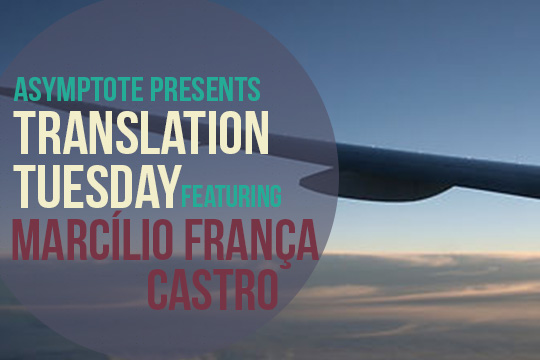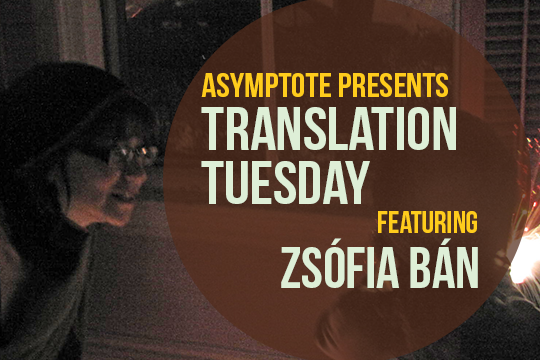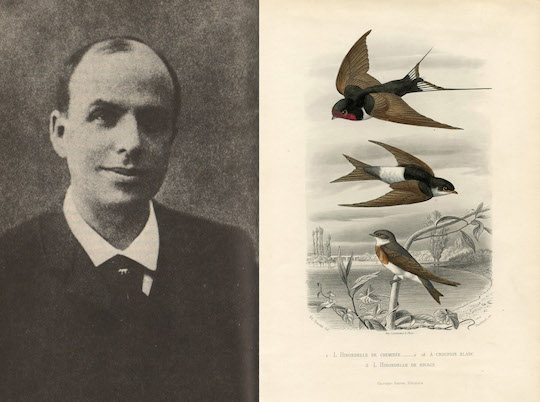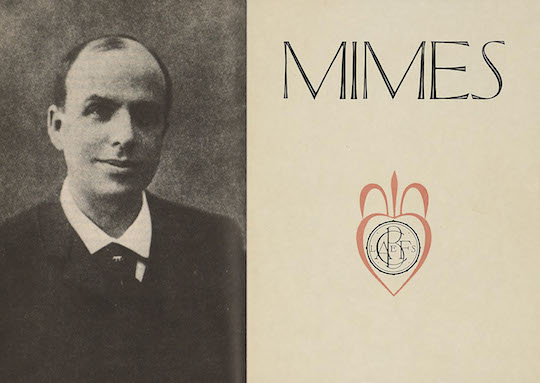The Novices of Lerna by Ángel Bonomini, translated from the Spanish by Jordan Landsman, Transit Books, 2024
Ángel Bonomini is one of those extraordinary literary figures who—despite having been lauded for his singular, masterful inventions—has somehow fallen into oblivion. In addition to being a cultural critic and prolific translator, the poems and stories published throughout Argentina in his lifetime represented a vital contribution to the nation’s phenomenon of fantastic narrative. While he remained largely unknown to international readers in his lifetime, such work earned him multiple distinguished accomplishments in his home country—including two Premio Konex awards and personal accolades from Jorge Luis Borges. In 1994, at the age of sixty-four, Bonomini passed away, and sadly, his writing seemed to disappear with him.
Now, in The Novices of Lerna, Jordan Landsman has captured the author’s wistful and pensive voice in a stirring collection of sixteen previously untranslated stories, spreading the magic to a new generation of readers. With candles melted “as if light had been slit from their veins,” theories “woven like black thread in the dead of night,” and people “like books with transparent pages where the lines don’t match up,” Bonomini glides vividly and lyrically into worlds where time warps, people live and die and live again, doppelgängers are plentiful, sentences disappear into amorphous paragraphs, and Buenos Aires isn’t quite the same urban sprawl that one might see in Argentina. While the pieces in this collection have no crossover in plot or character, some subterranean power connects them, with favored symbols and images appearing and reappearing—figs, trees, fires, death, and the landscape of the city. READ MORE…








